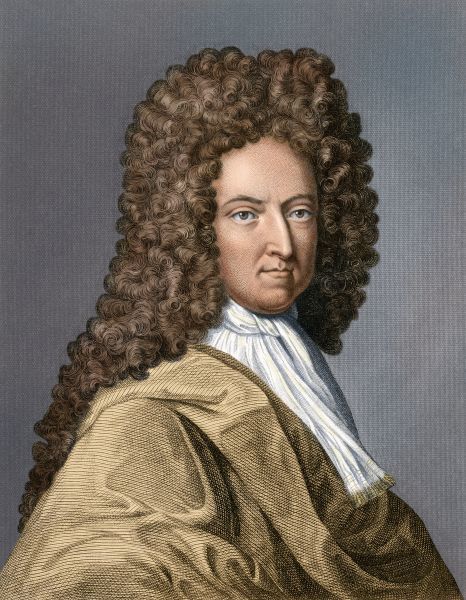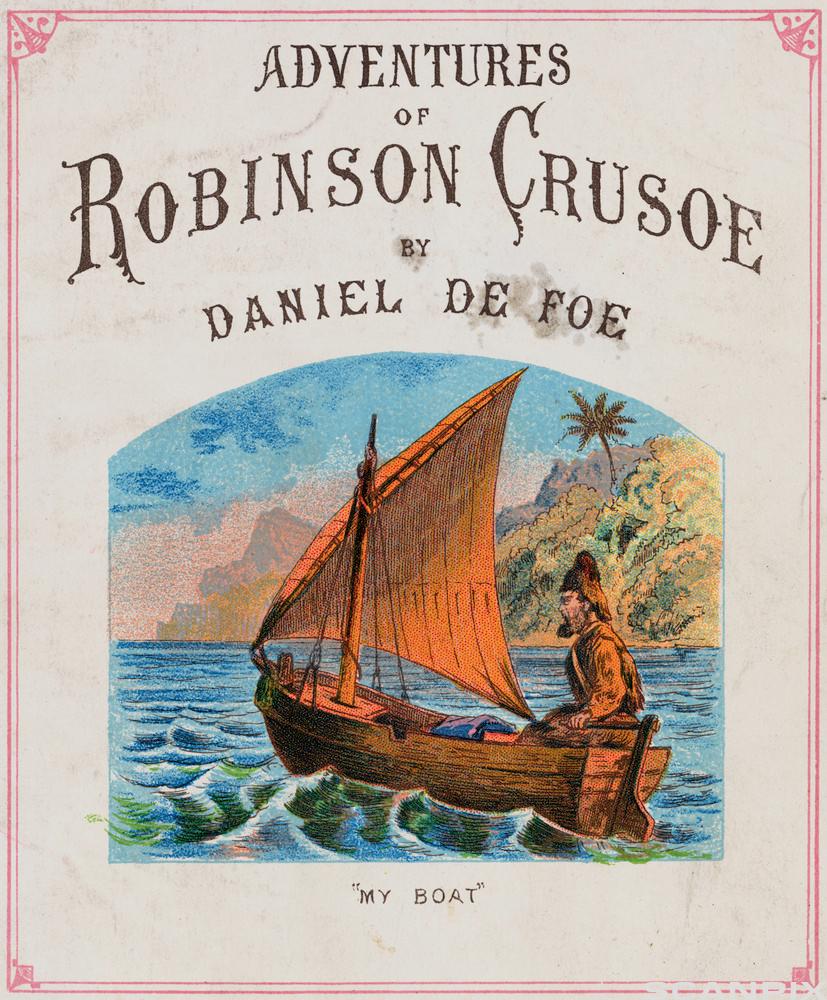When considering the history and evolution of the English novel, few names appear as prominently or as centrally as that of Daniel Defoe (c. 1660-1731). In both his literary career and his professional life Defoe was equally prolific. He authored some 300 to 500 poems, pamphlets, and volumes of both fiction and nonfiction. At various times he held the positions of merchant, journalist, prisoner, scholar, and spy. With canonical works across several genres and forms, Defoe has maintained an enduring influence on English literature. Yet, it is Robinson Crusoe that continues to capture the imagination of readers around the world. To better understand Defoe as a pioneering figure, and the grandiose life he lived, we will focus on the castaway protagonist Robinson Crusoe and his man Friday. We will use this tale of adventure and isolation to open a window into the psyche, proclivities, and impact of one of England’s greatest writers, and harbinger of the modern prose novel.

Tyler Eyster is an alumnus of Albion College and is currently a graduate student at Ohio’s Miami University where he is pursuing a master’s degree in English Language and Literature with an emphasis on contemporary literatures and the environmental humanities.
